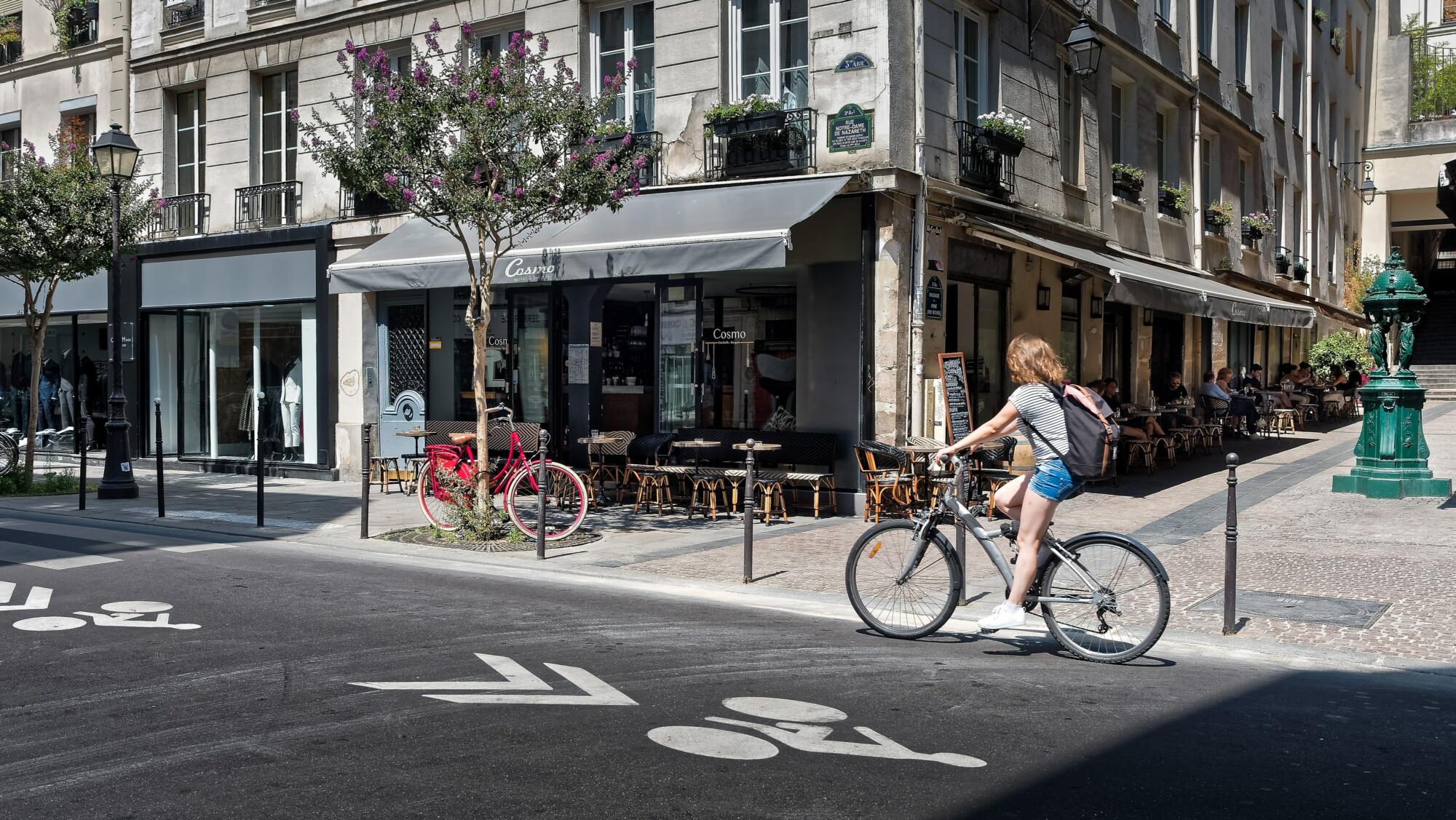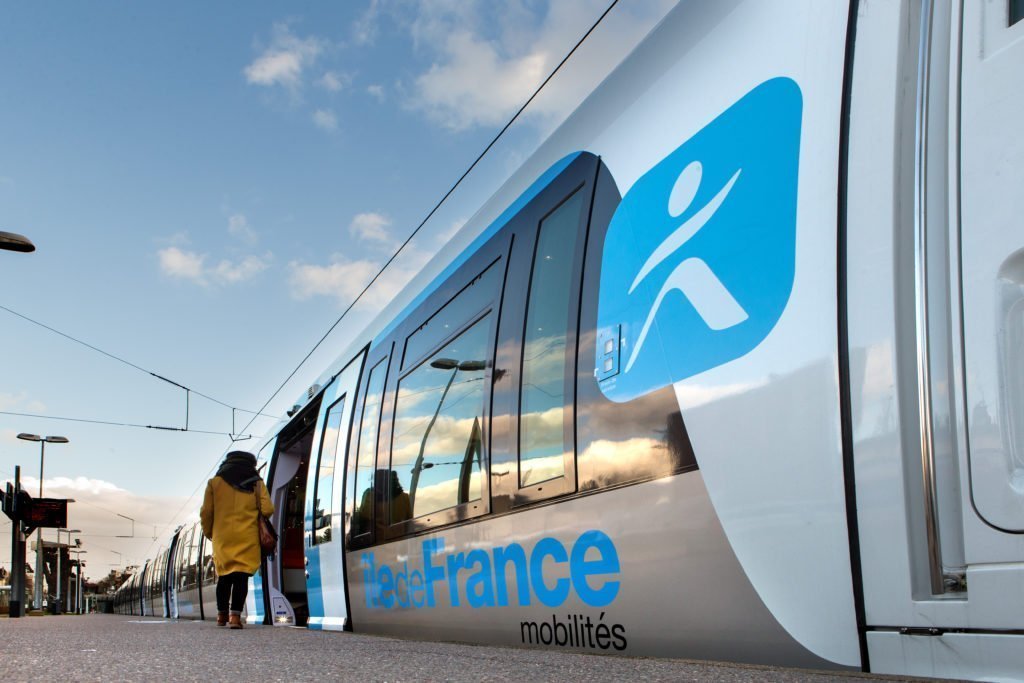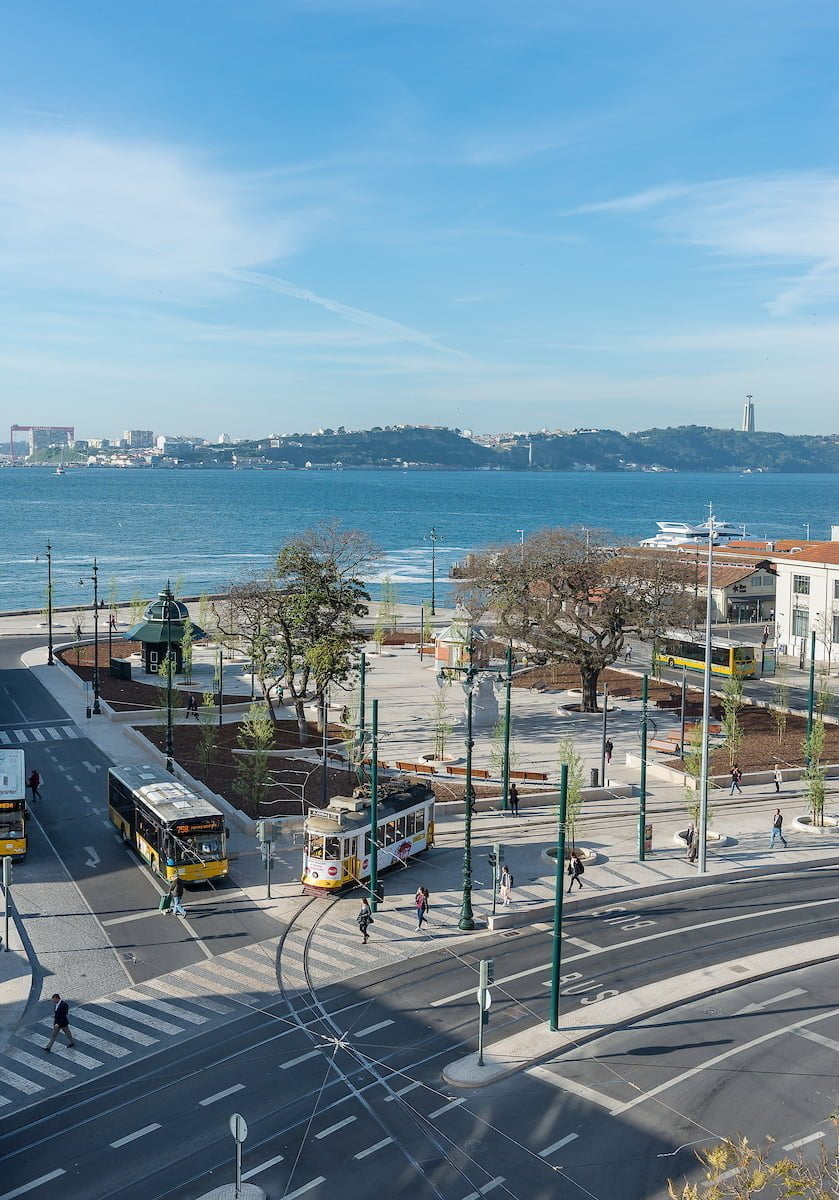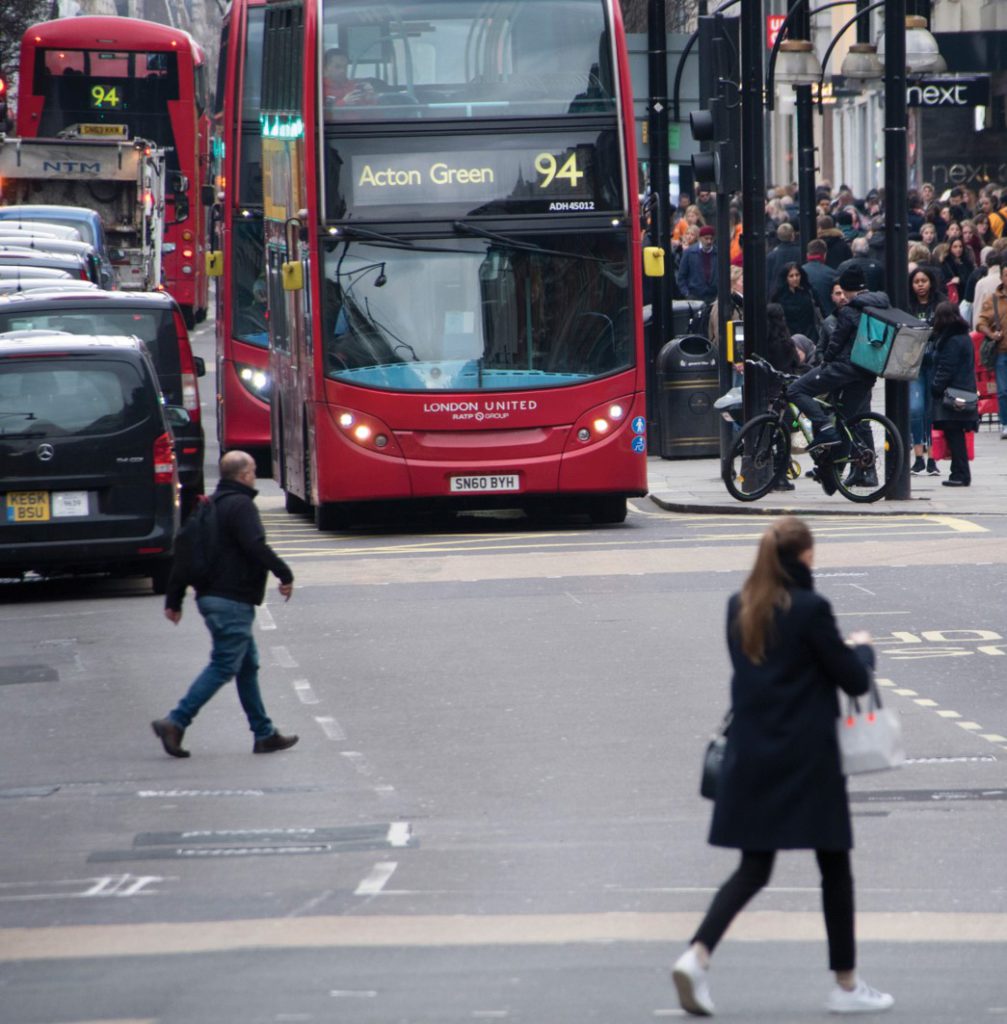POLIS members and experts discuss gender perspectives in mobility
On 25 November, POLIS Governance & Integration Working Group hosted a meeting on Gender Perspectives in Urban Mobility. The conference was part of a series of meetings reviewing and debating the ways gendered issues are discussed across urban mobility circles and implemented in our physical infrastructure, examining the repercussions, and identifying capacity for development.
Transport is not gender neutral. The ways in which urban mobility is designed and delivered- in terms of security, accessibility, and convenience- systematically excludes and disadvantages women. This is an issue which has begun to garner appreciation in academic and policymaking fields. Indeed, as speakers from Lisbon and London in previous meetings revealed, POLIS members and their operating partners are beginning to implement innovative changes in delivery of mobility services.
Nevertheless, while this expansion of pilot projects and policy papers is undoubtedly a step forward, there is much progress to be made around this multifaceted and nuanced issue.
At the same time, women are neither a “minority” nor a “market niche” – they account for over half the population. Thus, gender cannot be regarded as an “adaption” to mobility services, but a new way of comprehending the role mobility plays in our everyday lives. POLIS aims to navigate this transition by drawing together experts from across Europe to share knowledge and best practices, bringing gender to the centre of urban mobility.
The latest meeting discussed four key issues:
- Security of Women in Public Transport and Public Space
- Data Collection
- Convenience and Physical Access
- Decision-Making
These issues were selected due to their centrality to conversations around gendered experiences of urban mobility and the ways in which they set mobility agendas and resulting women’s experiences of such services. Each topic was opened with a few words from a speaker, before launching a wider discussion between participants.
Meeting attendees drew from across Europe, with representatives from POLIS members Île-de-France (IdF), Budapest and Lisbon, as well as a range of leading researchers in the field, all sharing research findings, examples of best practices and remaining challenges.
“POLIS is here to support out members, understanding what is being done and what still needs to be done,” reiterated Pedro Homem de Gouveia, Coordinator of POLIS Safety & Security Working Group
The meeting was opened by Chair, Françoise Guaspare. Ms. Guaspare oversees transport at the permanent representation of the Paris/Île-de-France Region in Brussels, and has been a member of numerous expert groups including the Sustainable Transport Forum (STF), as well as being Vice-chair of ERTRAC, the European Road Transport Research Advisory Council.
“We are not here to duplicate the work already being conducted- working which is being well done- by you and your colleagues, we know for many of you this is not a new topic” she opened. “Rather, we want to open the discussion further.”
“Today is the International Day for the Elimination of Violence against Women, and combating violence demands we find new ways of researching, understanding and communicating gendered issues of safety and security.”
Security of Women in Public Transport and Public Space
The first topic for discussion was Security of Women in Public Transport and Public Space launched by Vania Ceccato from the KTH Royal Institute of Technology.
This discussion aimed to highlight the ways experience- or fear of- harassment and violence influences women’s use- and lack of use- of public transport, attempting to understand how cities are confronting this. Half of all women have been shown to experience harassment at some point in their lives; and a plethora of research reveals safety and security concerns are key determinants of women’s mobility patterns.
“A key question is; why care?” began Ms. Ceccato. “This sounds like a basic question, but it remains the central issue here, as we have heard, women account for half the population, and therefore violence and inaccessibility of mobility has far reaching social, economic and political repercussions.”
Ms. Ceccato, who has conducted research into gender and mobility in South America and Europe, discussed how comprehensive infrastructural and behavioural changes are required to instigate the changes necessary. She drew from examples of how Brazil’s Sao Paulo has pioneered efforts to encourage bystander intervention in instances of harassment on public transport, as well as partnerships between law enforcement and mobility operators to facilitate quick and comprehensive responses to security concerns.

A slide from Vania Ceccato's presentation
However, Ceccato pressed the need for improvements in reporting infrastructure, where harassment and violence are challenged rigorously, and women feel confident reporting incidents. This was greeted with agreement from attendees; however, there was concern that technological additions alone could not instigate the behavioural shifts required to make mobility services safer.
Data collection
Following this, POLIS’ Laura Babío moved the conversation to Data Collection. Data collection is central to our understanding of mobility behaviours, and subsequent policymaking agendas. However, current methodologies- which frequently rely on androcentric participant recruitment, language, and hypotheses, repeatedly fail to decipher the core issues affecting women’s mobility experiences and grasp the required changes.
Ms. Babío reviewed concerns such as options offered by questionnaires which occlude trip chaining.

A slide from Laura Babío's presentation to the conference
“By asking for a single reason for an individual’s journey, we overlook the multiple stops made during a journey, which women make more often than their male counterparts,” she pointed out.
“Women hold the vast proportion of unpaid labour duties, therefore are more likely to make multiple trips within one journey, from the house, to school(s), to a store- for example. Yet, our current data collection techniques often do not allow us to view this.”
Babío then appealed to participants to share methods for disaggregating mobility data- which prompted an avid discussion on the ways qualitative and quantitative data could be combined to achieve this. Rita Jacinto from Lisbon shared experiences from a pilot project in the city, which deployed women-only focus groups to explore their mobility desires and needs.

A slide from Laura Babío's presentation to the conference
Yet, interestingly, attendees pushed for the debate to extend beyond data collection, to how the data is utilised. There was concern policymakers and transport operators are not deploying such data in decision making, and discussion explored capacity for doing so.
Convenience and Physical Access to mobility services
This led into a discussion on Convenience and Physical Access to mobility services, headed by POLIS’ Dr Maria José Rojo, Coordinator for the Active Travel and Health Working Group, exploring how avenues for making transport options more accessible for female user groups.
“Much of our mobility services are tailored for male usership, thus marginalising many female users,” asserted Dr Rojo.
“This has critical repercussions for city’s ability to coordinate successful sustainable agendas. For example, when cycle paths are not wide enough to use with young children, or when they do not facilitate access to places where women make up a substantial proportion of the workforce- like health and care facilities.”

A slide from Dr Rojo's presentation
Indeed, as the COVID-19 pandemic has forced local authorities to place renewed focus on healthcare provision, this is an issue which has come to the fore.
Here, the meeting held a critical discussion on the extent to which gender and accessibility could be synchronised with wider accessibility concerns. While the two hold many similarities, there was reluctance to draw them under a single banner, for fear of side-lining the unique aspects of women’s experiences and placing women and “vulnerable” groups in a singular category. As many of the attendees asserted, often “accessibility” becomes – yet again- a male dominated issue, and women’s voices become obscured.
Decision-Making
Underpinning these issues is the role of women in mobility Decision-Making. Françoise Guaspare provided the kick-off statement, outlining the ways Île-de-France is encouraging more women to take up decision making positions in transport.
“This is incredibly important for the way we design our mobility systems, by providing women with more authority to drive discussions and make practical decisions, many of the issues we have discussed today can be realised,” she asserted.
This prompted debate on how women could be facilitated in doing so, and how roles could be adapted to women’s work-life balance- an issue Women in Transport has taken a lead role in.
Concluding thoughts
The meeting provided an insightful discussion and debate on some of the core issues surrounding gender and mobility.
“This has been an incredibly interesting and thought-provoking experience, we have a lot to learn and much more to share” said Laszlo Kerenyi from Budapest’s BKK.
Mobility operators present shared this sentiment. As Nuno Sardinha from EMEL asserted, “We want to understand and promote women’s use of bikes, we have a usage gap which we need to be able to bridge.”
POLIS now has an upcoming expert meeting, discussion paper, and several other events planned. Keep an eye out for what is next!





